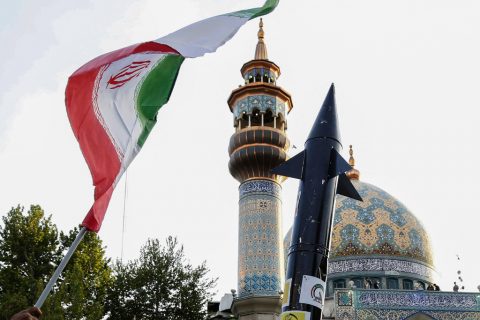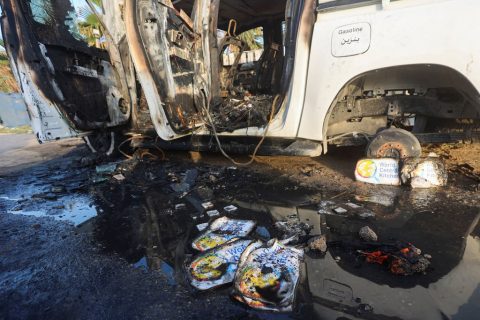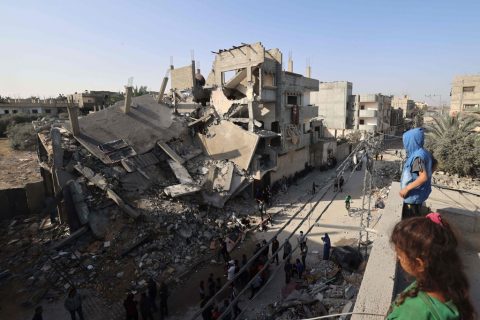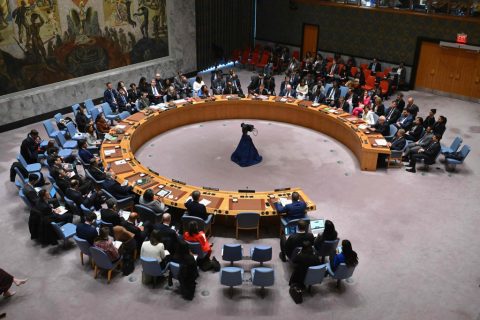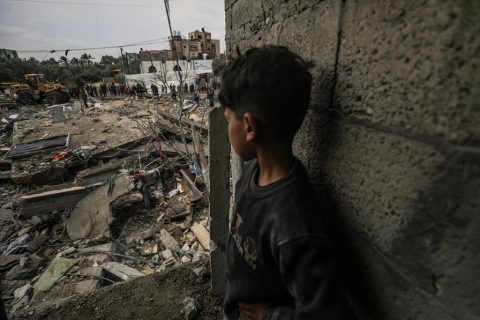Muhittin Ataman
Editor-in-chief, Insight Turkey
Prof. Ataman graduated from the Faculty of Political Science in the Department of International Relations at Ankara University. Ataman earned his MA at Central Oklahoma University, and PhD at University of Kentucky between 1996 and 1999. He worked as an RA and a faculty member afterwards in the Department of International Relations at Abant İzzet Baysal University from 1993 until 2014. Ataman is currently a faculty member at the Faculty of Political Science in the Department of International Relations at Social Sciences University of Ankara. Prof. Ataman worked at SETA for three years as a part-time researcher in Foreign Policy Research Department. Currently, he serves as SETA's Director of Foreign Policy Studies and conducts academic research on Turkish foreign policy, the Middle East politics and the Gulf politics. Ataman is also the Editor-in-Chief of Insight Turkey, a journal published by SETA Foundation.
-
Opinion
Israel or Iran: Who should we blame first?
The whole world has been holding its breath and watching the Israeli-Iranian tension for the last two weeks.
-
Opinion
Israel’s 2 grave mistakes that put its Western allies...
The latest developments in Gaza have forced many states to reconsider their policies toward Israel’s genocidal attacks, the suffering of the people of Gaza and the resistance of the Gazan people, which will continue to shape not only regional but also global politics.
-
Opinion
Recent developments in Palestine amid Israeli aggression
Although Israel’s genocidal attacks and the suffering of the people of Gaza continue to occupy the main agenda of world politics, there have been important developments in Palestine recently. There are many efforts to divert the attention of people and governments from Israel's brutality. However, none of these attempts have succeeded in taking Gaza off the agenda. Even the brutal terrorist attack in Moscow did not distract the international community.
-
Opinion
Will Israel implement the UNSC Gaza cease-fire resolution?
The United Nations Security Council (UNSC) has passed a resolution demanding an immediate cease-fire in Gaza for the month of Ramadan. The 14 members council members voted in favor of the resolution, which was proposed by the 10 elected members of the council. Only the United States abstained from the vote. After the vote, there was an unusual round of applause in the council chamber, showing how much the international community wants the bloodshed to end.
-
Opinion
Lies about Gaza leaving Muslims unresponsive to Israeli brutality
It has been more than five and a half months that Israel has continued its genocidal operation against the innocent civilians of the Gaza Strip. Crimes committed by Israel are protested worldwide, especially by Western citizens. Ironically, the people of Muslim countries remained silent against the Israeli atrocities. Besides the reluctance of most Muslim governments, the Arab governments in particular, it seems that Muslim people also remain largely indifferent to the suffering of the Gazan people.

